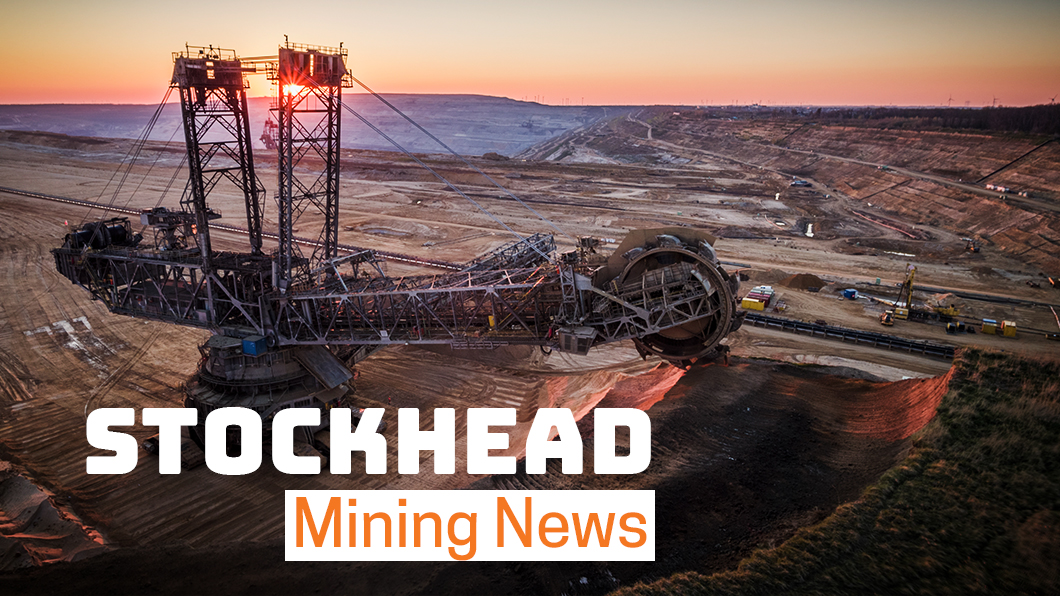Barry FitzGerald: Macquarie turns bullish on lithium as VW steps up its EV push

Pic: Schroptschop / E+ via Getty Images
Finally some good news for our bashed up lithium stocks.
It comes from a Reuters interview with German automaker Volkswagen on its push into electric vehicles, combined with analytical work, funnily enough, by one of the biggest local bears on the lithium sector, Macquarie.
VW board member Stefan Sommer told Reuters that the company would need 150 GWh of battery production in both Asia and Europe by 2025, and double that by 2030.
He said the plan was to buy more than $US56 billion of (lithium loaded) battery cells and that to date, it had identified Northvolt (Sweden), SKI (Korea), LG Chem (Korea), Samsung (Korea) and CATL (China) as “strategic partners.’’
Macquarie absorbed all that and noted that VW was indeed thinking big regarding batteries for EVs, or the “electromobility’’ push as Sommer put it.
It then did some number crunching.
“Assuming an average battery size of 60Kwh, that implies 5m units of full EVs by 2025 and 10m by 2030. Global EV sales were less than 2m units last year.’’
Sommer told Reuters that to achieve its bold ambition, VW would be retooling 16 factories to build EVs and will be producing 33 EV models under its Skoda, Audi, VW and Seat brands by mid-2023.
On the assumption that the Germans know what they are doing, VW is basically taking about a wall of demand coming for lithium from the EV sector.
But it has to be said that there will be some bumps along the way, as is the case now where new hard-rock (spodumene) capacity in Western Australia has got ahead of the global lithium conversion capacity needed by the battery makers to meet the demand coming from VW and other automakers.
The current over-supply has smashed lithium/spodumene prices and demand which, in turn, has driven a mighty sell-off in lithium stocks. The situation is widely expected to be reversed early in the 2020s.
So investing in lithium stocks for the next couple of years looks as if it will be a waiting game for the much heralded EV revolution to take shape and return the lithium sector to happier times.
Interestingly, VW is not sure the battery makers are up for the challenge.
Sommer told Reuters that VW would create joint ventures and help finance battery production to persuade sceptical cell suppliers to back its push to produce EVs en masse.
“Not every supplier is convinced that electric mobility will come on such a large scale. You need to spend more time convincing them to invest in the auto industry.”
There was also good news for the nickel stocks in the VW interview, not so much for the cobalt and manganese stocks.
Sommer said that from 2021, VW would use electric battery cells using a composition of nickel, manganese and cobalt in a ratio of 8:1:1 compared with the current less nickel dense and higher cobalt/manganese chemistry of 6:2:2.
Macquarie noted that 2021 was “way earlier than most analysts’’ are expecting.
It said the implication was for significant upgrades to nickel demand forecasts (and lower cobalt numbers).
VW also broke with conventional wisdom by making a call that solid state battery cells will be ready in the second half of the 2020s despite the technology being very much work in progress.
Either way, Macquarie said that the combination of NCM 811 and solid state technology would extend the range of EVs between charges towards 800-1000km, eliminating range-anxiety fears.
Along with the price of EVs, range-anxiety is a key factor in EV adoption rates in a country the size of Australia being minimal – for the time being at least.
UNLOCK INSIGHTS
Discover the untold stories of emerging ASX stocks.
Daily news and expert analysis, it's free to subscribe.
By proceeding, you confirm you understand that we handle personal information in accordance with our Privacy Policy.








